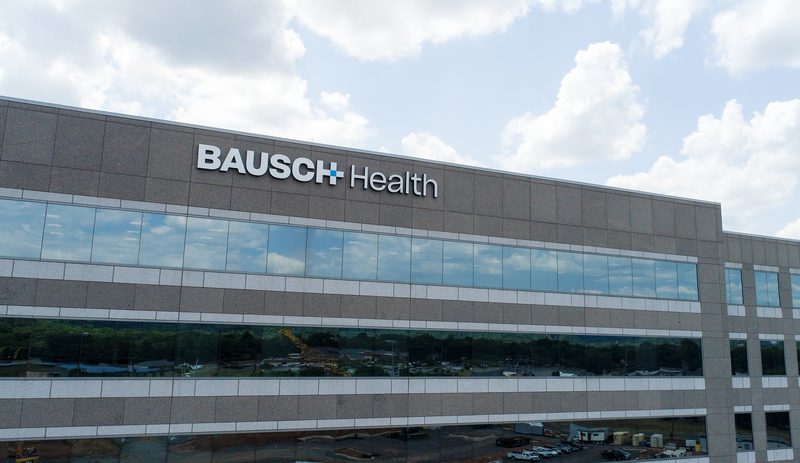Leaning into its new name, Bausch Health is laying the groundwork for a pipeline expansion. It’s forking over $10 million upfront for the option to acquire Allegro Ophthalmics’ eye disease assets, including its retinal disease med risuteganib. If Allegro pulls off another financing, Bausch will hand over the remaining $40 million, likely in 2021.
Allegro is developing risuteganib for diabetic macular edema (DME) and dry age-related macular edema (AMD), with two phase 3 studies in the latter condition on deck within the next year. Unlike wet AMD, which is caused by the growth of leaky blood vessels in the eye, dry AMD is the result of a thinning macula—part of the retina—and the buildup of a fatty substance called drusen under the retina. And while wet AMD can be treated with anti-VEGF injections into the eye, like Bayer and Regeneron’s Eylea, there is no treatment for dry AMD.
Risuteganib targets integrins, which are cell surface receptors found on most cells and whose signaling plays a role in many cellular functions. Allegro hopes that by regulating integrins, risuteganib can tamp down on the mitochondrial dysfunction involved in dry AMD.
“If approved, risuteganib may be the first treatment indicated to help reverse vision loss due to dry AMD and would address a significant unmet medical need affecting millions of people globally,” Bausch CEO Joseph Papa said in a statement.
If all goes to plan, Bausch will pull the trigger on the option, handing Allegro undisclosed “additional payments.”
The company is also developing ALG-1007, a topical integrin regulator, for dry eye disease. The drug is in phase 2 studies outside the U.S.
“As part of the ongoing transformation of Bausch Health, we continue to seek strategic opportunities to build-up our pipeline in core businesses, including Bausch + Lomb, our global eye health business. The addition of the ophthalmic assets of Allegro would significantly enhance our comprehensive portfolio of products for AMD,” Papa said.
A big part of that transformation included shedding its old Valeant name in 2018 and pledgeing to limit price hikes. Valeant had been known for aggressive price hikes, and it faced congressional scrutiny over that issue and other business practices.

